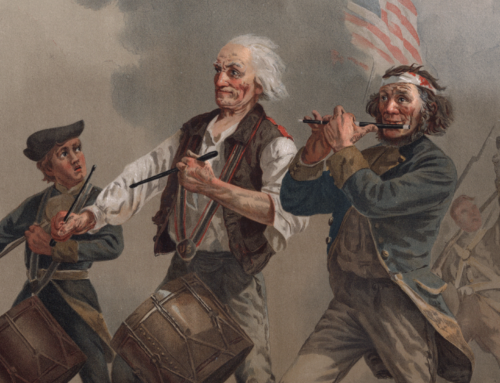Mystery Shopping: Loyalty Programs
So you know what mystery shopping is, but you may not know exactly how to use it. Sure, an undercover shopper with exceptional reporting skills accurately captures the big-picture landscape of a restaurant, hotel, or casino—but how could that information ultimately improve annual revenue?
The answer is simple. Once a company finds something that increases sales, mystery shopping will allow them to dependably implement the policy in all locations nationwide.
All About the Brand
Loyalty programs are a great example of a niche company policy that may not be maintained without regular check-ins. While they’re one of the oldest customer acquisition tactics in the book, the age of data collection has rendered them quaint. Consumers are accustomed to having their email addresses tapped for data during every single purchase, but they’re not as accustomed to reaping useful rewards for their devotion to a particular brand.
Data Collection
Data collection creates a parasitic relationship between brand and shopper, but loyalty programs rebalance the scales to create a symbiotic trade between the two parties. The brand can still pull data (perhaps even more than before, since the customer will be incentivized to return to the site over and over) and the shopper can take advantage of discounts, sale alerts, and point systems.
This all sounds great, but there’s a catch. Shoppers will never know about the benefit of a company’s loyalty program unless the executive team have built some sort of educational infrastructure into daily staff-shopper interactions. This means that every employee should be trained to ask “Do you have a punch card?” or “Would you like to be a part of our GiveBack loyalty card program?” at the register. Not only should the employee be trained—they should put the policy into practice.
Keep Growing
The only foolproof way to know whether company staff are educating shoppers about loyalty programs is to simulate the average purchase at each store location. That means the employees cannot be tipped off about the fact that they are being audited, and it means the undercover shopper needs a certain level of English literacy to create a useful follow-up report. Customer Impact has spent over 20 years cultivating and refining a massive nationwide network of individuals who look, speak, and act just like the average customer, but who are also detail-oriented and trained to report with an objective writing voice.
So, once a company finds what works to grow the business and wants to make sure it keeps working , Customer Impact’s mystery shoppers are a natural next step toward continuing growth.
Author:
McKenzie Allen
Business Development Manager
800-677-2260 Ext.168
Email
Contact
Contact us below for more information or cost estimation for an upcoming project.
[Form id=”9″]





